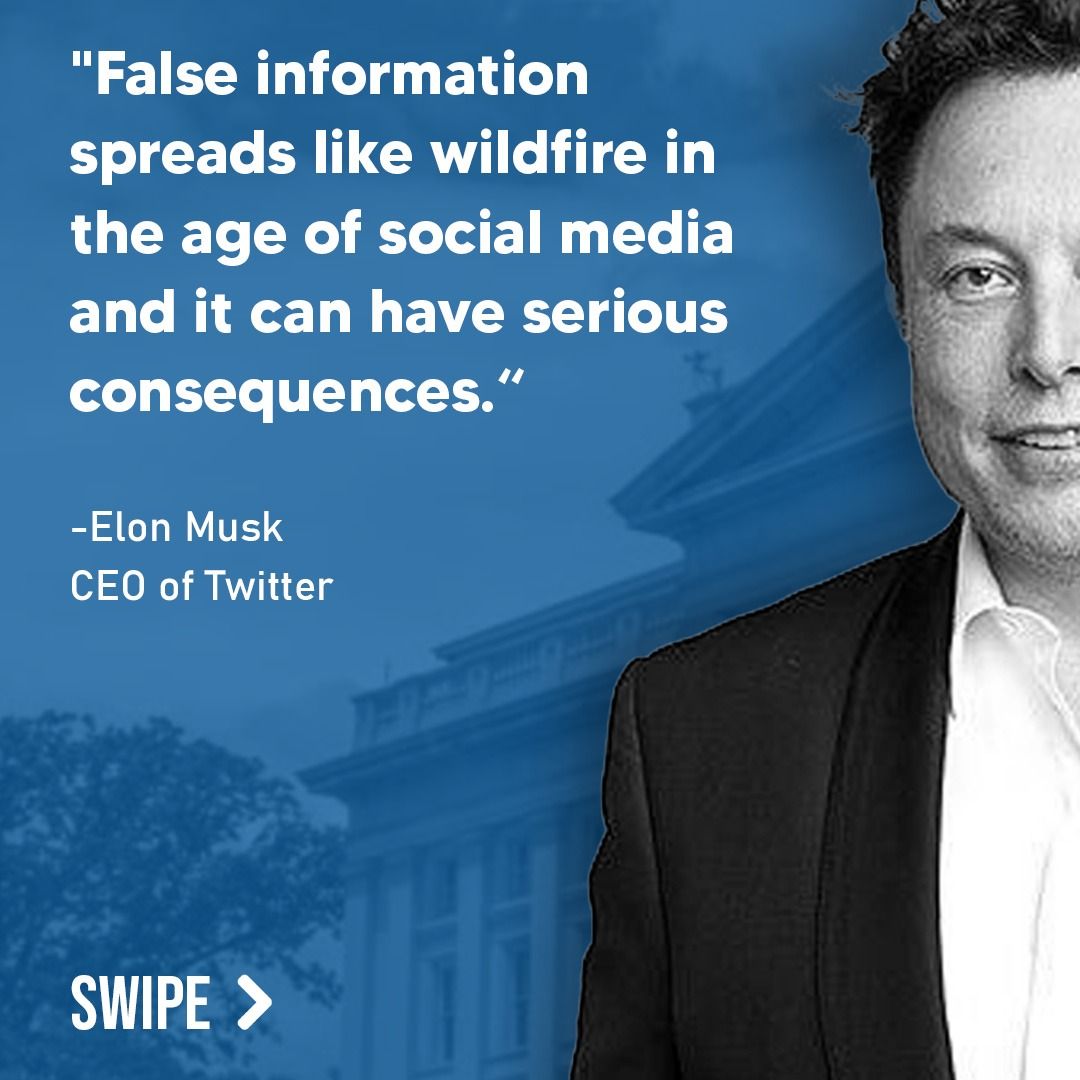
Misinformation Exposed: Fact-Check on Shipments Halted by Trump’s Mexico Tariffs
We received a fact-check request from one of our DBUNK subscribers asking us to verify the claim that Mexico agreed to send 10,000 troops to the U.S. border to avoid tariffs imposed by former U.S. President Donald Trump. At DBUNK, our mission is to separate fact from fiction, eradicate misinformation, and provide our audience with clarity in an era crowded with conflicting narratives. Here’s what our investigation uncovered.

Key Findings
The article from the BBC News made several noteworthy claims, but there are areas where misinformation, missing context, and potential bias exist. Here’s the breakdown:
Misinformation Detected
Claim: The article states that “Mexico agreed to send 10,000 troops to the [U.S.] border to avoid tariffs.”
Analysis: This claim is misleading. While Mexican President Claudia Sheinbaum did reportedly agree to deploy troops to assist with border enforcement, context matters significantly here. Mexico has frequently collaborated with the U.S. on immigration issues under prior administrations, and troop deployment along Mexico’s southern and northern borders is not a novel strategy. Labeling this action solely as a “deal to avoid tariffs” reduces a complex political move to a transactional narrative, which is an oversimplification. According to immigration analysts, the action aligns with Mexico’s ongoing efforts to manage migration rather than indicating political capitulation to pressure from tariff threats.

Moreover, there is no direct evidence in the original reporting or subsequent follow-ups detailing how this “deal” is being monitored or enforced. Without clear mechanisms of accountability, the one-month pause on tariffs may exacerbate confusion among stakeholders about the long-term implications.
Missing Context
Trade Figures and Economic Impact: The article notes potential “major disruption” for economies, but it fails to cite or elaborate on specific pre-existing trade dependencies. This omission is significant because understanding trade volume and bilateral agreements between the U.S. and partner countries helps flesh out how these tariffs—and a pause—might actually affect economic activity. For instance, Mexico and Canada are two of the largest U.S. trade partners under the USMCA agreement (North American free trade successor). Highlighting this provides much-needed nuance for readers weighing the real stakes of the Trump administration’s policy.
Bias in Framing
The framing within this article leans towards dramatizing how U.S. President Donald Trump purportedly secured a swift concession from Mexico. Terms like “Trump ordered” and “she had agreed” underscore an authoritarian tone while downplaying the multilateral nature of discussions on migration and trade. While the BBC is a trusted outlet, such framing introduces an implicit bias, nudging readers toward viewing the decision as a unilateral U.S. victory over Mexico. This perspective risks overshadowing nuanced diplomatic patterns and cooperative frameworks already in place.
User Question Answered: Are Mexico’s Troops Being Strictly Monitored? What happens after the one-month pause?
Although the article confirms Mexico’s agreement to deploy troops and mentions tariffs will be paused for one month, it omits critical details on monitoring and enforcement. According to statements from U.S. and Mexican officials during similar situations, troop actions at the border are challenging to verify in real-time without independent, third-party audits. Additionally, there is significant uncertainty about whether the tariff suspension will extend past a month, as the pause hinges on the success of ongoing negotiations. Readers should remain skeptical of headlines that present temporary agreements as absolute resolutions; the risk of tariff escalation remains high.

Conclusion
This article perilously mixes factual updates with oversimplifications and lacks sufficient context regarding the complexities of international trade agreements and migration management. While the report captures the immediate market and diplomatic responses, critical gaps, such as specific sources of troop deployment agreements and how tariffs influence bilateral trade, leave the story only partially told. To fully grasp the implications, readers are urged to seek additional, verified information regarding Mexico’s enforcement and whether long-term solutions are even on the table.
At DBUNK, we’re committed to empowering you with the tools to combat misinformation. Don’t let incomplete narratives cloud your judgment—stay informed and be prepared to challenge the headlines.
Join us today, and download the DBUNK app now!


